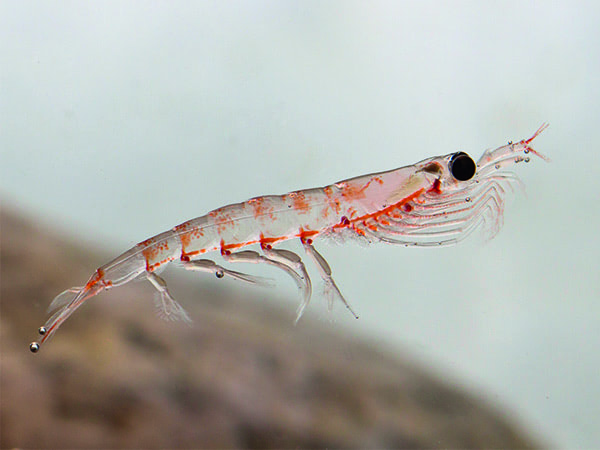On of the evidences of the Anthropocene is plastic pollution, which in particular affects oceans and marine ecosystems. However, plastics not only accumulate in the seas. You can also find it undigested in the stomach of birds. Why birds are not able to choose between eating a fresh fish or the cap of a plastic bottle? Well, if you wait long enough plastic starts to smell like bird food.
A research done at the University of California shows how seabirds with a strong sense of smell are eating more plastic than the birds with a weaker send of smell. This is a surprising outcome, because we consider plastic an odorless material, also for a bird's beak.
Though, researchers found out that algae cling onto drifting plastic in the ocean. These algae create a sulfur compound with a strong smell. The same smell that krill - the favorite meal of many hunting birds - secrete when it's eaten. So when the smell of phosphate enters the nose of a bird, its dinner bell goes off, whether is garbage or food.

Last year, an Australian study predicted that in 2050 over 99% of all seabirds will have plastic into their bodies. Therefore, the scientist who have done the research on the smelling plastics, plead the production of a new type of plastic. A type of plastic that makes it harder for living organisms to connect to it, like the sulfur smelling algae did. On the other hand there is more evidence coming up that plastic can be broken down with living creatures, like bacteria, fungi and larvae. There is still a long road ahead of us to prevent the plastic soup from smelling yummy.
Source: Science Advances, The Guardian
Image: Independent, Mega Red

Share your thoughts and join the technology debate!
Be the first to comment